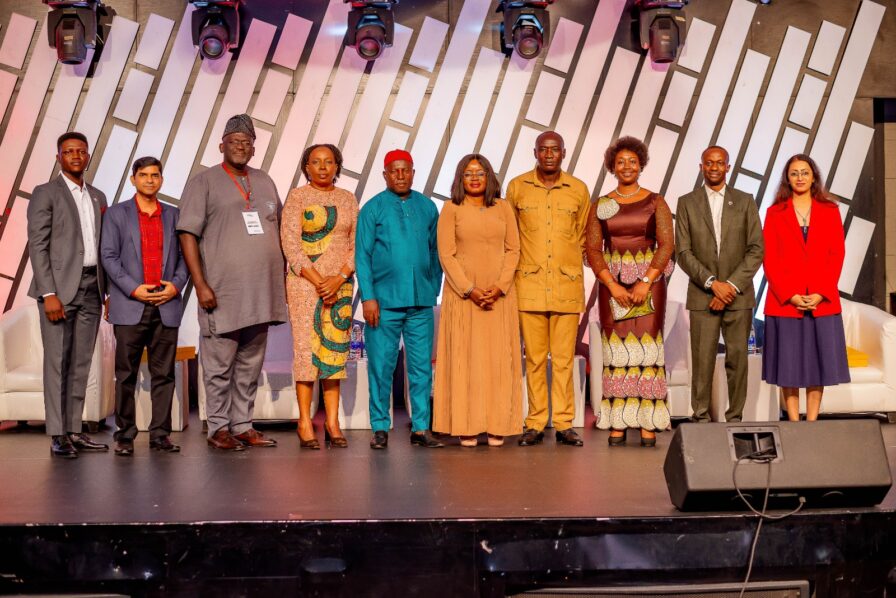
Lagos govt rallies Centre, others for WEE policy domestication
Government agencies and stakeholders have emphasised the need for clear standardisation practices, certification and curricular reform in Technical and Vocational Education and Training (TVET) in Nigeria to meet up with global best practices.
Deputy Director General, Nigerian Association of Small scale Industrialists, (NASSI), Olumide Obidiran, said that standardisation is the minimum acceptable level and not a certificate, noting that this way, opportunities are created for workers to have varying additions as they progress, peculiar to their employer’s goals.
This was stated at the Ishk Graduation & Skilling Conference 2024, Themed: “Advancing Technical and Vocational Education and Training (TVET) in Nigeria: Standardisation, Curriculum Development, and Certification,” organised by Ishk Tolaram Foundation in Lagos.
Obidiran, who noted that industry is a major player in TVET and should not be introduced after students have been trained with a curriculum that is unfamiliar to the body, emphasised that industry should be the starting point where things are got right from the beginning.
She opined that skills development in Nigeria is a complex machine that needs to be coupled from various angles simultaneously, adding that the country is getting it wrong in sequence and viewing education, employment and enterprise as individual factors, instead of a connected unit.
Obidiran, therefore, called for collaboration between government, industry, academia and private sector, stating that until they begin to think as a single unit, there would be continued challenges.
RELATEDLY, Lagos State Government has reaffirmed its commitment to initiating fit-for-purpose policies ahead of the final takeoff of the Women’s Economic Empowerment (WEE) programme in the state in January 2025 as it announced partnership with the Policy Innovation Centre (PIC), Albright Stonebridge Group (ASG), and Office of Sustainable Development Goals (OSDG).
At a maiden formal collaboration engagement on domestication of the WEE policy held in Ikeja, yesterday, key stakeholders in the state, as well as representatives from the PIC and Albright Stonebridge Group (ASG), brainstormed on a robust policy framework that aims to remove the bottlenecks women are likely to face in doing business in the state.
Permanent Secretary, Lagos State Ministry of Women Affairs & Poverty Alleviation (MWAPA), Oluyemi Kalesanwo, said that collective efforts from critical stakeholders would enable the state to develop a comprehensive programme on skills development, entreprenueurship, access to funding and other vital areas.
Also speaking on the initiative, Gender Inclusion Lead at PIC, Adekemi Omole, said that their contribution to the implementation of the WEE programme is focused mainly on providing technical support alongside ASG for the domestication of the WEE initiative, adding that they have also launched the WEE action policy team for the state.
In her remarks, a consultant with the ASG and Technical Adviser to Lagos MWAPA on WEE policy, Fabia Ogunmekan, explained that the essence of the co-creation programme was to look at the five cross sectoral pillars of the national policy and how it is relevant for the state. Also, the Assistant Director Legal, OSDGs, Joke Ogunojemite, said that their involvement in the partnership was because it resonated with United Nations (UN) Goals on gender equality.



